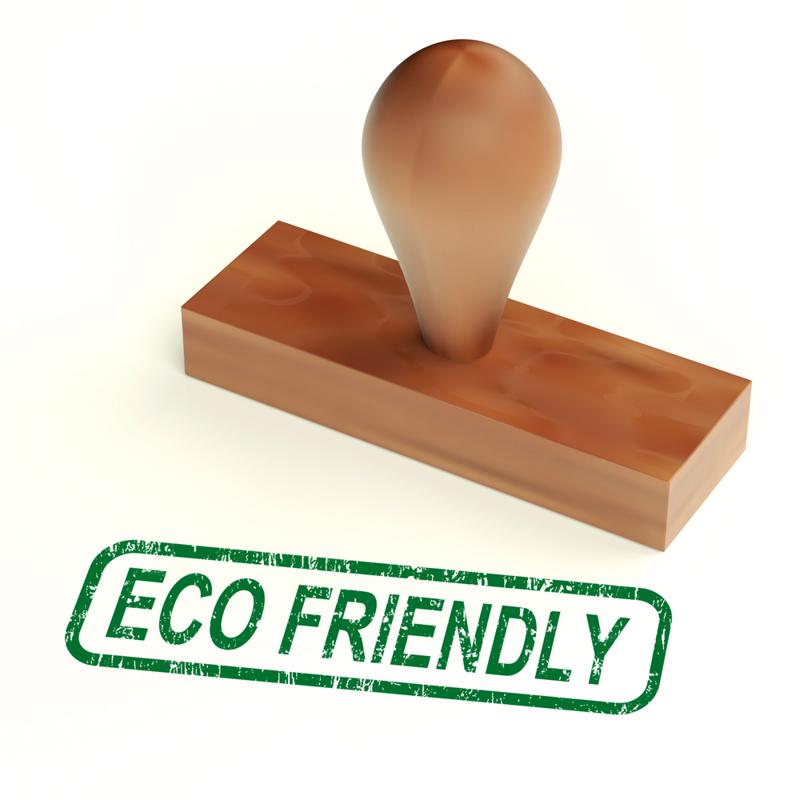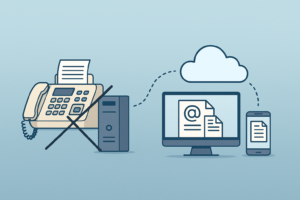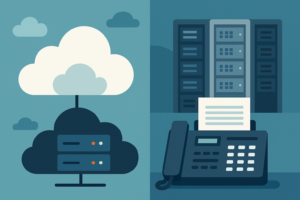As the effects of climate change grow more dangerous and a growing number of world leaders make commitments to combat global warming, energy efficiency and environmental consciousness are becoming increasingly important for individuals and business alike. According to information compiled by conservancy group The World Counts, more than 269 million tons of paper has been produced this year alone and 42 percent of the world's wood harvest is used to make paper products. In the United States alone, offices shred around 12 trillion sheets of paper every year and approximately 50 percent of corporate waste is paper.
"The average office employee uses 10,000 sheets of paper annually."
Not only is this massive use of paper bad for the environment, it is bad for a company's bottom line as well. The average office employee uses 10,000 sheets of paper annually, costing about $80 per year per worker. For organizations in the health care industry in particular, the costs are even higher. Patient records can contain as many as 600 pages, all of which must be organized and filed. On average, around $120 in labor costs is lost for each document that is filed incorrectly, wasting huge amounts of money on an already inefficient process.
 Traditional business processes create millions of tons of waste.
Traditional business processes create millions of tons of waste.How technology is making business for eco-friendly
The democratization of technology and the ubiquity of digital services have brought many benefits, but one of the most important is its ability to reduce paper waste in the workplace, and decrease waste associated with using computers and the Internet. Online tools for a variety of functions have helped to decrease paper waste, including websites for news that reduce demand for physical newspapers, email services that eliminate the need for letters and cloud-based storage services that decrease the number of physical records necessary for businesses to keep on hand. All of this has helped to cut down on paper waste and improve the environmental impact of the business world, but there are still some functions that just must be done on paper that have no substitute at the moment.
Faxes, for example, are still relied upon by companies in a variety of industries to send sensitive documents through a more secure channel than email or the post office. Faxing must be done by scanning paper documents through a fax machine. Up until recently, no alternative has arrived that will allow businesses to receive the reliability and security of fax while eliminating paper use. But, a growing number of organizations are turning to Internet-based faxing solutions to limit their environmental impact while still completing essential business functions.
Fax-over-IP services from companies like FaxCore cut down on paper waste by allowing users to send a document without printing anything, as it can be sent through email using an online portal. But FoIP does not just help businesses reduce their use of paper, as it offers a variety of green benefits as well. The massive amount of water needed to make paper is often forgotten, but so much use is drastically depleting much needed water supplies. By decreasing the amount of paper a business uses, it is also helping to save water and reducing their carbon footprint by cutting down on the energy used to make the paper. FoIP services also provide enterprises with a built in cloud database, as all documents sent through the service are stored on a dedicated server and can be sorted through any time.
Enhance enterprise communication, collaboration and compliance efforts with a proven FoIP solution from FaxCore. Contact FaxCore today to learn more about their 'Partly-Cloudy' fax solutions.




